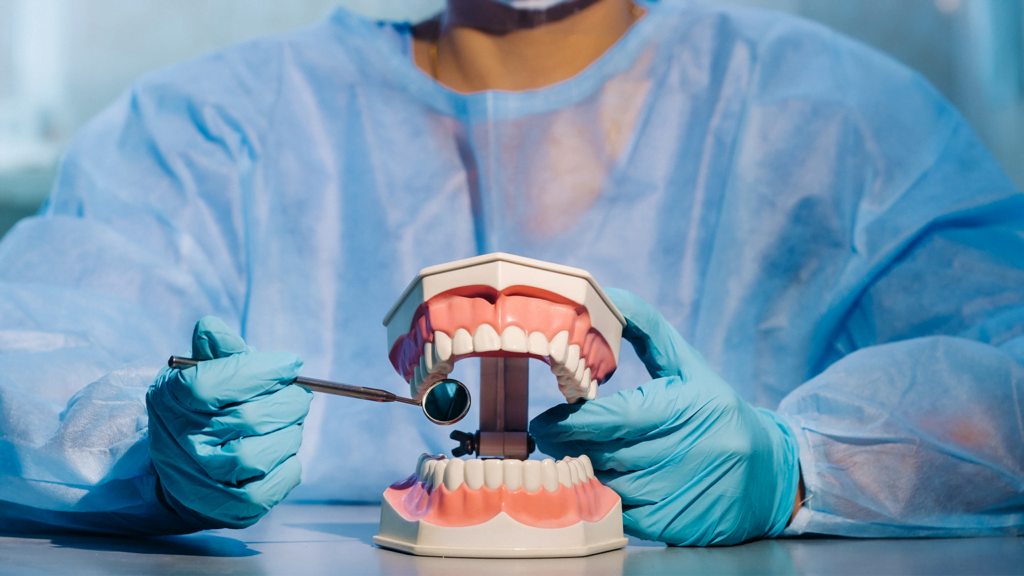When Your Teeth Aren’t Healthy, Your Whole Body Is At Risk
Teeth are one of the most important parts of your body and they’re obviously essential for chewing and biting. If your teeth are in poor condition, it can lead to severe problems with your oral health – including toothache, gum disease, and even a more serious problem called oral cancer.
Oral dental health is deteriorating rapidly. According to the Centres for Disease Control and Prevention (CDC), only 50% of Canadians have healthy teeth. This is a huge problem, as poor dental oral health can lead to severe problems throughout the body, including heart disease, stroke, and even cancer.
Here’s what you need to know about oral dental health to keep your teeth and your whole body healthy.
What is Dental Oral Health?
Dental oral health is the term used to describe the overall condition of your teeth and gums. Proper dental oral health is essential for overall health because it can impact your ability to chew and speak properly.
Many factors can contribute to poor dental oral health, including lack of regular dental care, smoking, drinking alcohol, and using certain drugs. Poor dental oral health can also be caused by poor clean eating habits, deficiencies in vitamin C and other nutrients, and certain diseases or injuries.
Causes of Bad Hygiene
If you neglect your oral health, it’s not just your teeth that suffer. Bad dental hygiene habits can lead to bad breath, plaque buildup, and tooth decay. If left untreated, these conditions can also lead to serious health problems, including heart disease and cancer.
Here are some of the most common causes of dental hygiene problems:
1. Not using toothpaste or brushing correctly: Toothpaste is supposed to be mixed with water and applied in circular motions to all of your teeth and gums. Brushing should be done twice per day for two minutes each time.
2. Not flossing: Flossing removes plaque and food particles between teeth that can lead to tooth decay. It should be done at least once per day.
3. Smoking: Smoking increases the risk of oral cancer by up to 90%. Quitting smoking will help improve your oral health.
4. Having poorly fitting dentures or missing teeth: Poorly fitting dentures or missing teeth can cause extra bacteria to accumulate on the surfaces of your teeth, which can lead to tooth decay and gum disease. Be sure to get a good denture fit and have missing teeth replaced if necessary.
5. Having tartar build-up on your teeth: Tartar is a deposit of calcium and phosphate that forms on the surfaces of teeth. It’s caused by not brushing and flossing enough, drinking sugary drinks, and eating hard foods. If left untreated, tartar can also lead to tooth decay.
6. Not getting regular dental check-ups: A dental check-up is the best way to get preventive dentistry and detect any early signs of tooth decay or other oral health problems.
What are the Signs of a Dental Problem?
If you’re not taking care of your dental health, it’s not just your smile that could suffer – it can also lead to problems down the line with your overall health.
Here are five signs that you might have a dental problem:
1. You’re experiencing pain when you chew or suck on something.
2. You have trouble talking or swallowing because of a sore throat.
4. Your teeth are stained, yellow, brown, or black.
5. You’ve had to visit the dentist more than once in the past year for various issues.
What diseases are caused by poor dental health?
Many diseases can be caused by poor dental health. These diseases can affect your whole body and can even lead to death. Some diseases caused by poor dental health include osteoporosis, cancer, heart disease, diabetes, and more.
Children’s Oral Health
Dental oral health is vitally important for children. Poor dental hygiene can lead to tooth decay and other problems down the line, such as gum disease and difficulty chewing or speaking. Studies have shown that a child’s oral health can significantly impact their overall health and development.
Here are some ways that poor dental hygiene can affect kids:
Difficulty with chewing and swallowing – Children who have tooth decay or gum disease may have trouble eating and drinking effectively, which can lead to weight problems and other health complications.
More visits to the dentist – Children with poor dental hygiene are more likely to require frequent visits to the dentist, which can be a major financial stressor for families
Increased risk of developing allergies – Children who suffer from poor oral hygiene may be more likely to develop food allergies later in life.
Teens’ Oral health
Teens are growing up, and their teeth are going through many changes. Teeth aren’t as strong as they once were and can start to decay at an earlier age.
If you’re concerned about your teen’s dental health, there are a few things you can do:
– Have them visit their dentist routinely, even if they don’t have any noticeable issues. The dentist can check their teeth for decay, recommend preventive measures, and give advice on oral hygiene.
– Help them to brush and floss properly. Teens often forget how important it is to keep their teeth clean and healthy. Remind them how to use a toothbrush and toothpaste correctly. Flossing is also important for teens because it helps remove plaque and bacteria between teeth.
– If your teen has problems with chewing or swallowing, see their dentist as soon as possible. These problems may be due to abnormalities in their teeth or jawbones.
Adult Oral Health
If you have healthy teeth and gums, your whole body will be healthier. Oral health is important for everyone, but it’s especially important for adults because many of the diseases that can affect our teeth and gums start developing during adulthood.
If you’re not taking care of your dental health, you’re putting yourself at risk for a whole host of problems. Not only do untreated teeth lead to tooth decay and other oral health issues, but, if left untreated, bad dental hygiene can also lead to bad overall health.
How Can You Improve Dental Health and Prevent Cavities?
To maintain good dental health, it is important to know the bad habits that can lead to cavities and other issues.
Here are four of the most common ones:
1) Not brushing and flossing regularly: About 60% of adults aged 18-64 have teeth that currently need plaque removal or cleaning. This leaves bacteria and food particles on the teeth and in between the teeth, which can lead to tooth decay.
Prevention: A professional cleaning with fluoride treatment can help restore your smile’s health and prevent future problems.
2) Eating sugary foods and drinks: Sugary foods and drinks can dissolve tooth enamel and cause cavities.
Prevention: Limit your risk of cavities by choosing healthy snacks such as fruits, vegetables, low-fat yoghurts, or whole-grain bread and cereals.
3) Smoking cigarettes: Smoking cigarettes has been linked to increased rates of tooth decay. The nicotine in cigarettes interacts with chemicals in saliva and can damage teeth.
Prevention: If you smoke, try to quit, but you may need to do so gradually, so your body has time to adjust.
Important Tips for healthy teeth and gums
If your teeth and gums are not in great condition, your whole body is at risk.
Here are some important tips to help keep your teeth and gums healthy:
Brush and floss every day
Not only will this help keep your teeth clean and free of plaque, but it can also reduce the risk of tooth decay.
Avoid sugary foods and drinks
These foods can cause tooth decay..
Take care when eating acidic foods like citrus fruits
These foods can erode the enamel on your teeth.
Get regular check-ups
A dentist can check for any signs of tooth decay or gum disease and recommend ways to maintain good dental hygiene.
When your teeth are not healthy, your whole body is at risk
Teeth can play a big role in your overall health and can help you to maintain a healthy mouth and gums.
If you have any signs or symptoms that your teeth are not healthy, be sure to see a dentist as soon as possible.
If you’re interested in learning more about this treatment or if you would like to schedule an appointment to see if it might be a good option for you, please visit our website today!
About Our Dentist
Dr Hubert Ng, D.M.D, has been part of Airdrie Springs Dental since 2007. He completed his undergraduate studies at the University of Calgary with honours in Biological Sciences and Commerce. He has completed comprehensive training in orthodontics and Invisalign, oral sedation, and sleep apnea medicine. Dr Ng believes in educating his patients and keeping them involved with their care every step of the way. He finds it extra rewarding when patients reach their goal of comfort and confidence in their smile and oral health.


